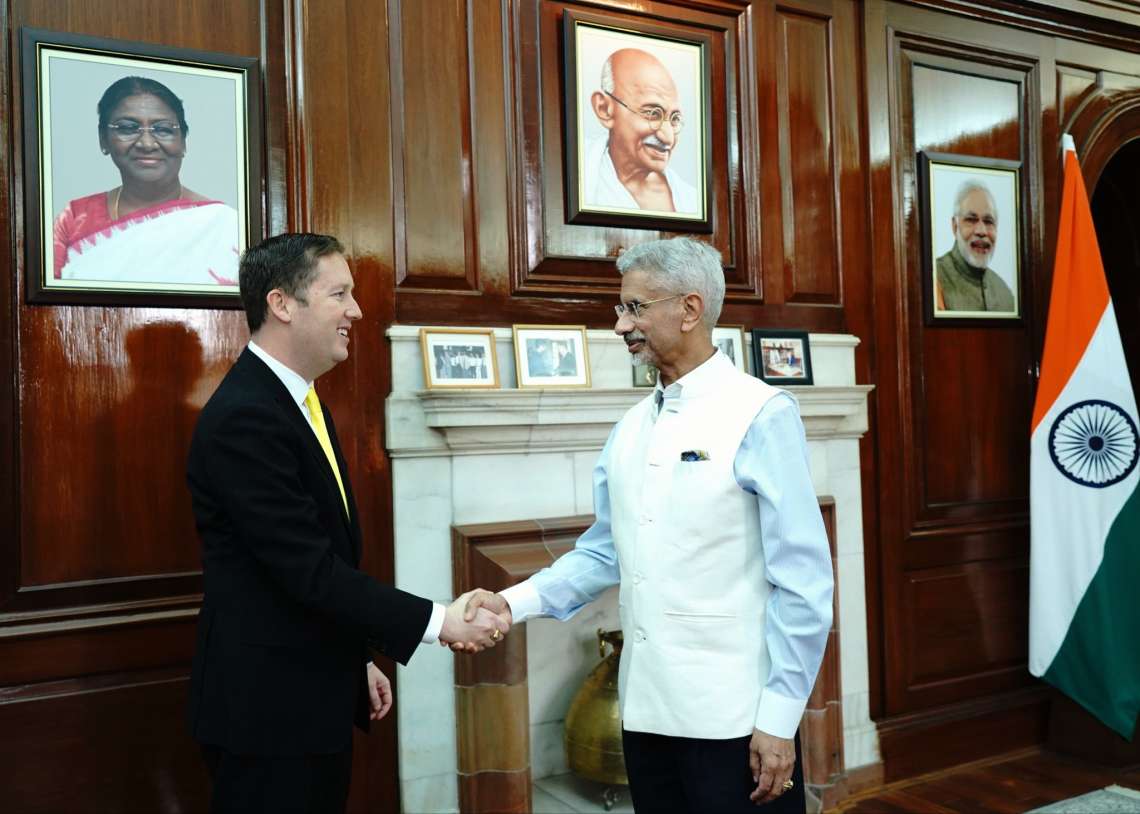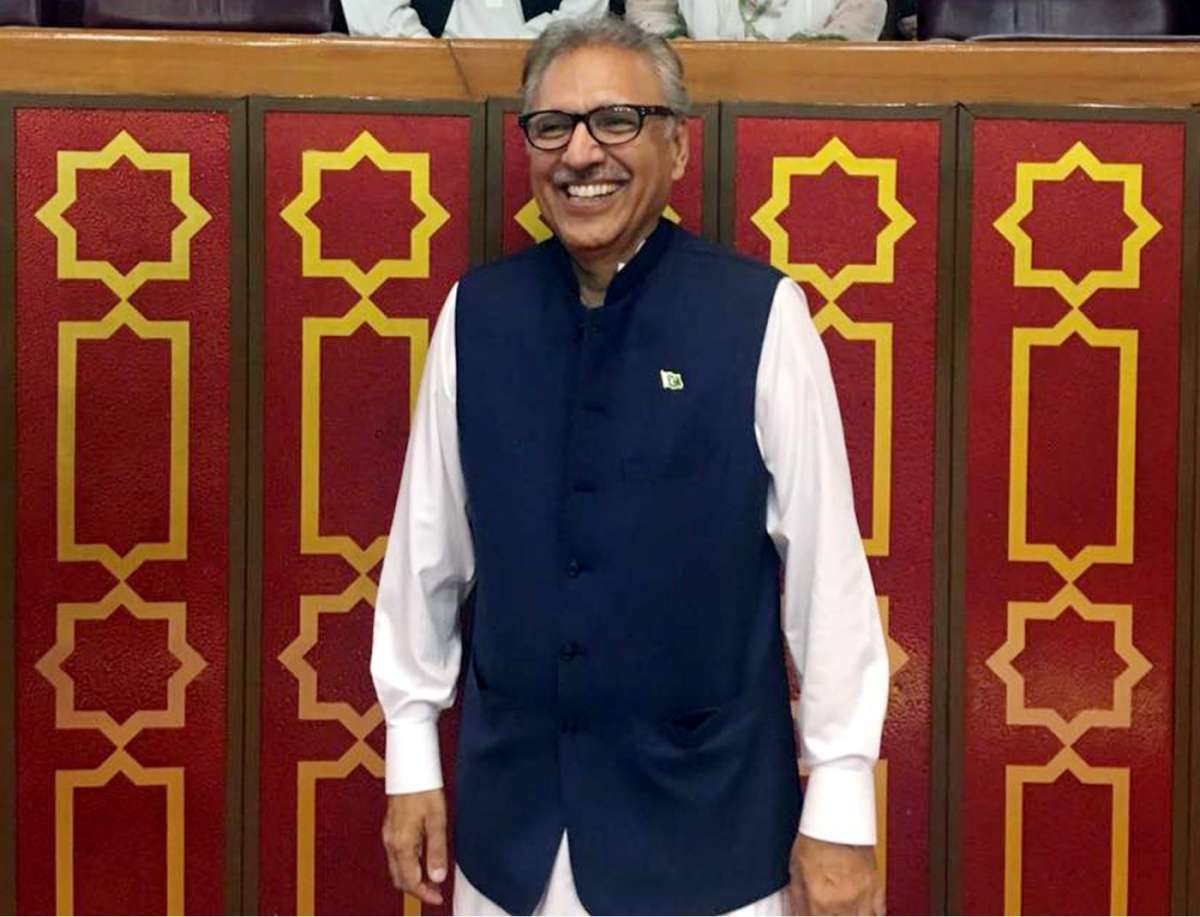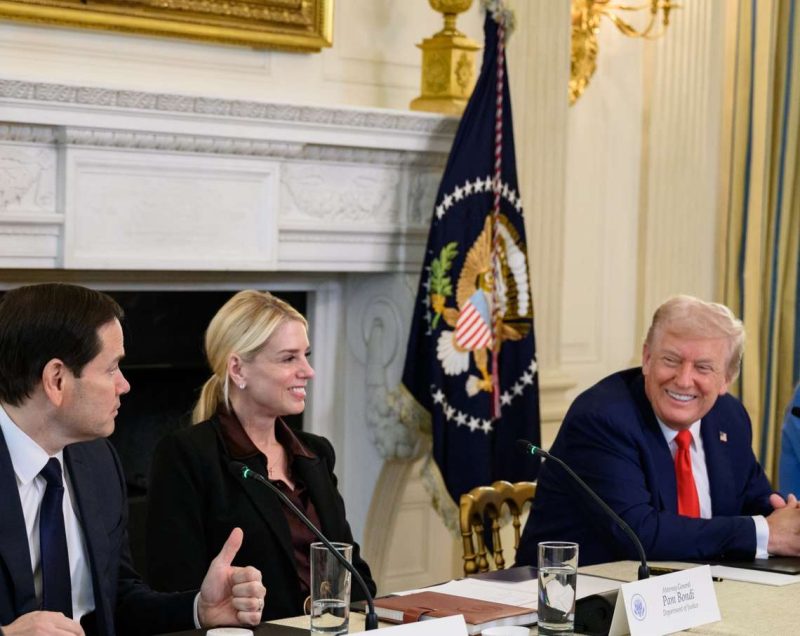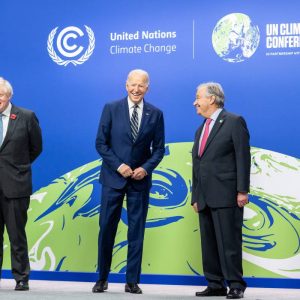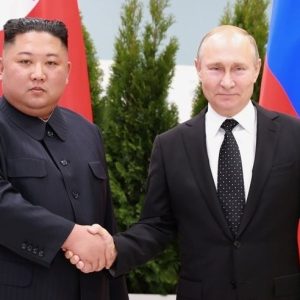Further fragmentation, isolation, poverty, and internal conflict are among the likely scenarios, leading to potential mass migration and a domestic environment conducive to terrorist organisations, UN envoy warned…reports Asian Lite News
A UN envoy has stressed the need for the international community to engage with the Taliban in Afghanistan.
Markus Potzel, the UN Secretary-General’s Deputy Special Representative for Afghanistan, on Tuesday saw international engagement as the most realistic approach, Xinhua news agency reported.
If the Taliban do not respond to the needs of all elements of Afghan society and constructively engage within the very limited window of opportunity with the international community, it is unclear what would come next, he told the Security Council in a briefing.
Further fragmentation, isolation, poverty, and internal conflict are among the likely scenarios, leading to potential mass migration and a domestic environment conducive to terrorist organisations, as well as greater misery for the Afghan population, he warned.
“That’s why we have to engage. The objective of our engagement is to promote governance in Afghanistan that works to the benefit of the Afghan people and respects the norms of the global community, he said.
“While success is not certain, continued qualified engagement remains the most realistic chance of achieving these objectives.”
Since taking over Kabul, the Taliban’s self-identified emirate has not been recognised by any state. At the same time, the international community also did not want to see the country collapse, Potzel added.
Afghanistan’s neighbours, in particular, adopted a pragmatic approach and sought to deepen economic and trade ties and build stability, he said.
The July 26 Tashkent conference, which for the first time brought together representatives of the Taliban, members of the region, and traditional donors, provided a platform for engagement and an opportunity for the international community to express its united position on what it expects from the de-facto authorities. It was regrettable that the Taliban delegation did not take the opportunity to constructively address these expectations, noted Potzel.
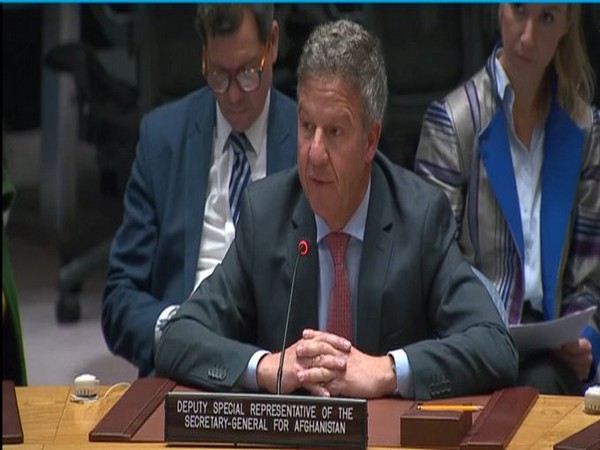
“Nonetheless, we believe that the Tashkent format is useful and should be continued,” he said.
Initially, the de-facto authorities made commitments regarding the security and independence of humanitarian assistance. These commitments have also gradually been eroded, he added.
“We viewed with great concern the detaining by the de-facto Ministry for the Propagation of Virtue and Prevention of Vice and the General Directorate of Intelligence of three women working for UN agencies in Kandahar three weeks ago, as well as increasing pressures on our staff and premises and those of other agencies.”
In general, the de-facto authorities are creating operational obstacles that make the work of the UN and its humanitarian partners increasingly difficult, and in some cases contravene global and well-established humanitarian principles, he said.
“I am afraid that patience is running out by many in the international community regarding a strategy of engagement with Afghanistan’s Taliban authorities,” Potzel warned.
There have been some positive developments in the past few months. But they have been too few and too slow and are outweighed by the negatives. In particular, the ongoing ban on secondary education for girls — unique in the world — and growing restrictions on women’s rights are signals that the Taliban are indifferent to more than 50 per cent of the population and are willing to risk international isolation, he added.
The relegation of women and girls to the home not only deprives them of their rights, but also denies Afghanistan as a whole the benefit of the significant contributions that women and girls have to offer, Potzel said.





